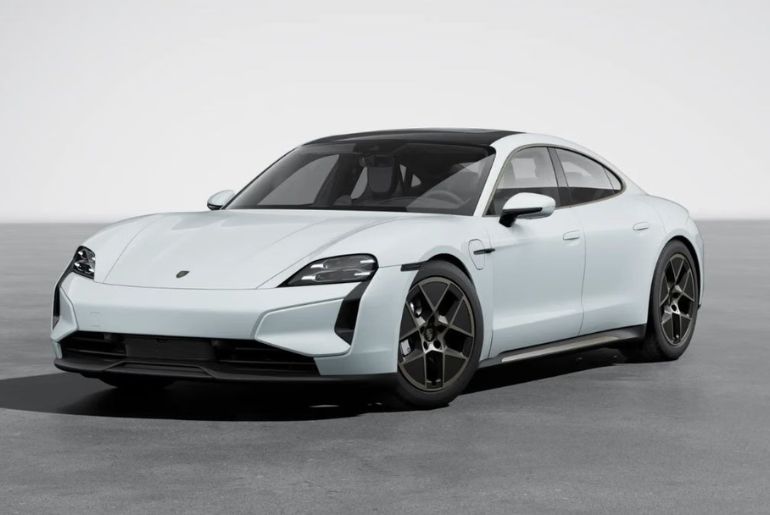Porsche has announced a major update to its electrification strategy, delaying several electric vehicle (EV) launches while continuing production of internal combustion engine (ICE) and hybrid models well into the 2030s. The decision comes amid slower-than-expected luxury EV adoption in key markets, including China, and rising U.S. import tariffs.
Strategic Shift in Porsche’s Product Portfolio
Porsche’s revised strategy focuses on maintaining a balanced product lineup:
-
Extended ICE and Hybrid Production: Models like the Cayenne and Panamera will continue production beyond previous timelines, with new generations introduced in the cycle.
-
Postponed EV Launches: Several upcoming EVs, including new platforms originally slated for the 2030s, are now delayed.
-
Revised SUV Plans: Future SUVs previously planned as fully electric will now be available only with combustion and plug-in hybrid options.
CEO Statement
Oliver Blume, CEO of Porsche, commented:
“This strategy provides a balanced portfolio, enhancing flexibility and meeting diverse customer needs. With combustion engines, plug-in hybrids, and battery-electric vehicles, Porsche continues to deliver performance and choice in a volatile market.”
Financial Implications
The strategic shift is expected to impact Porsche’s 2025 financials, including up to €1.8 billion in reduced operating profit and extraordinary expenses of approximately €3.1 billion related to product adjustments, battery operations, and organizational restructuring.
Commitment to EVs
Despite the delays, Porsche remains dedicated to its EV lineup, including the Taycan, Macan EV, and an upcoming 718 two-door electric sports car. The company aims to meet evolving market demands while offering premium performance across combustion, hybrid, and electric models.

